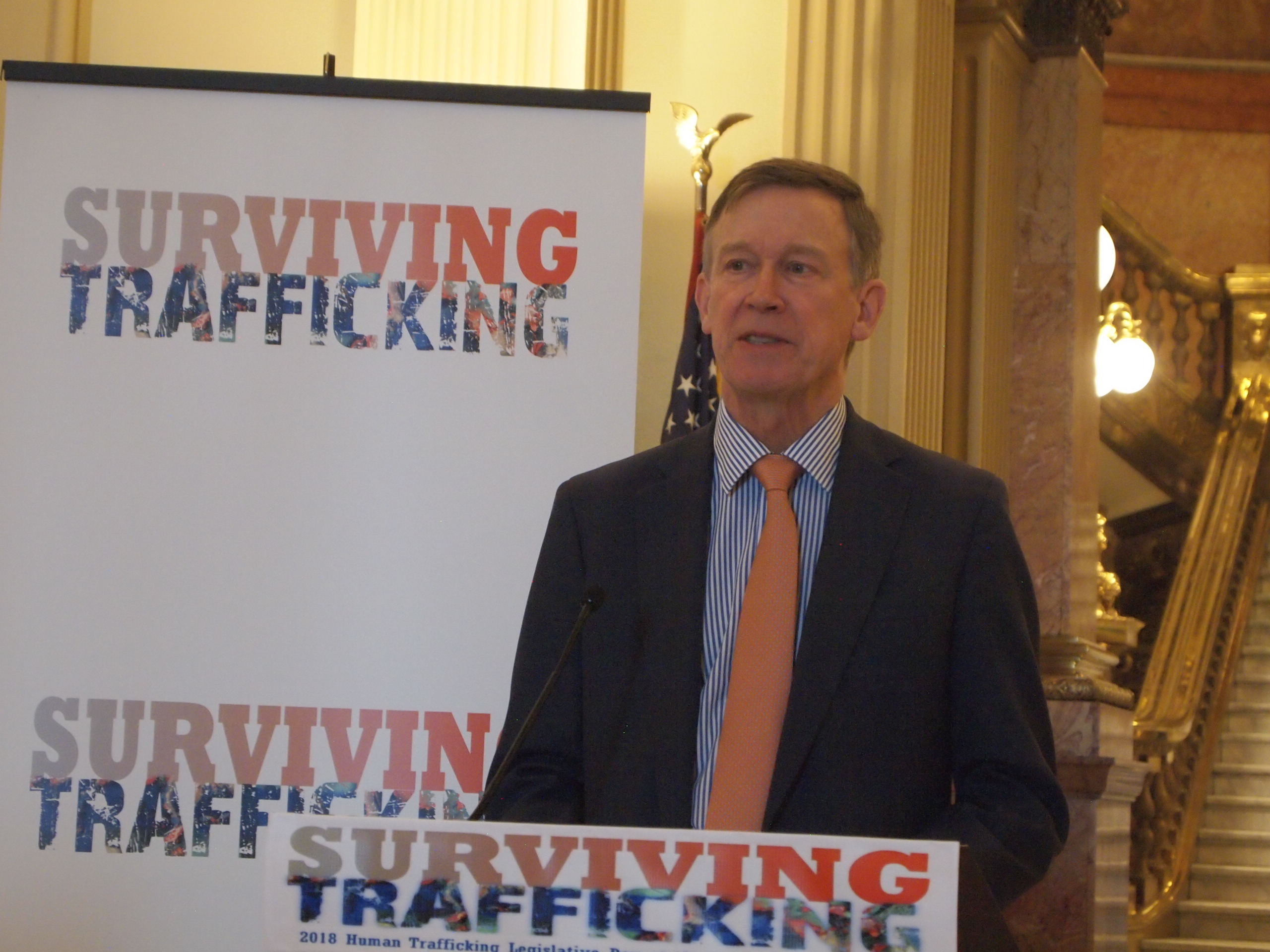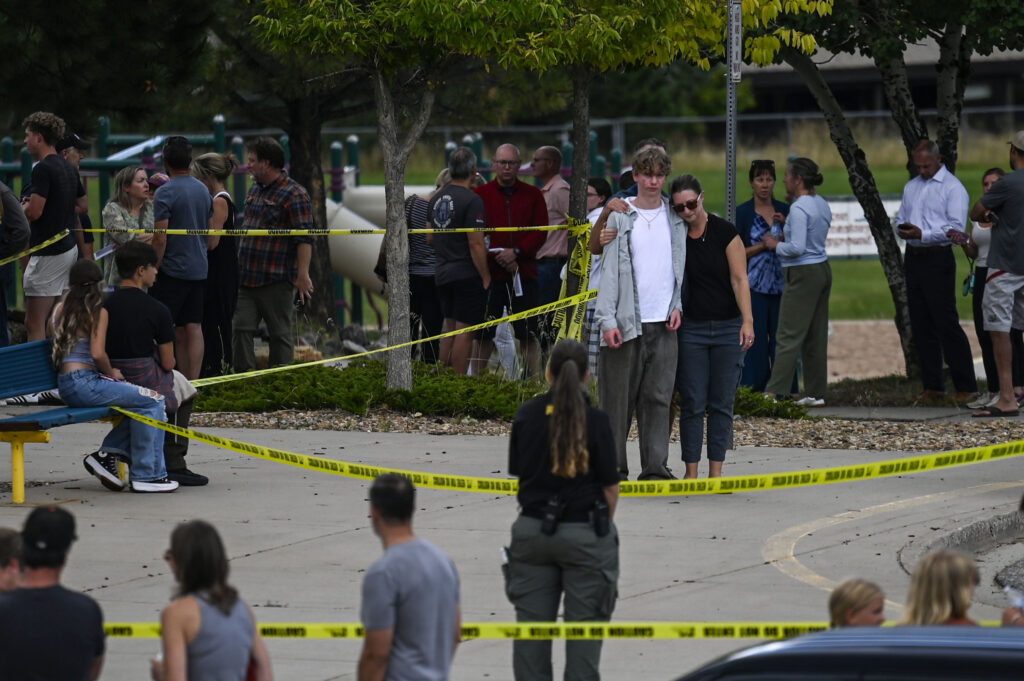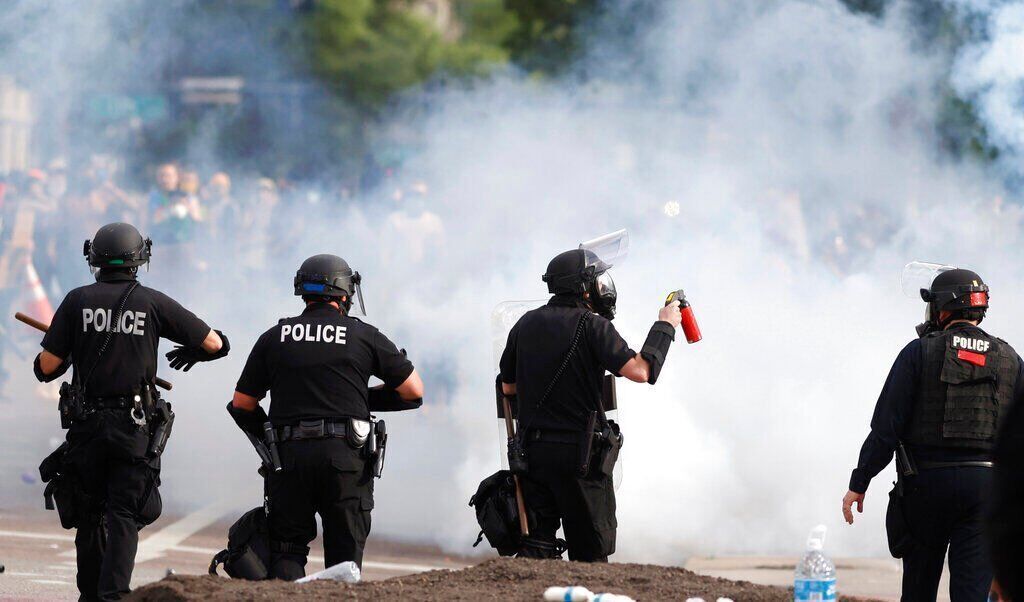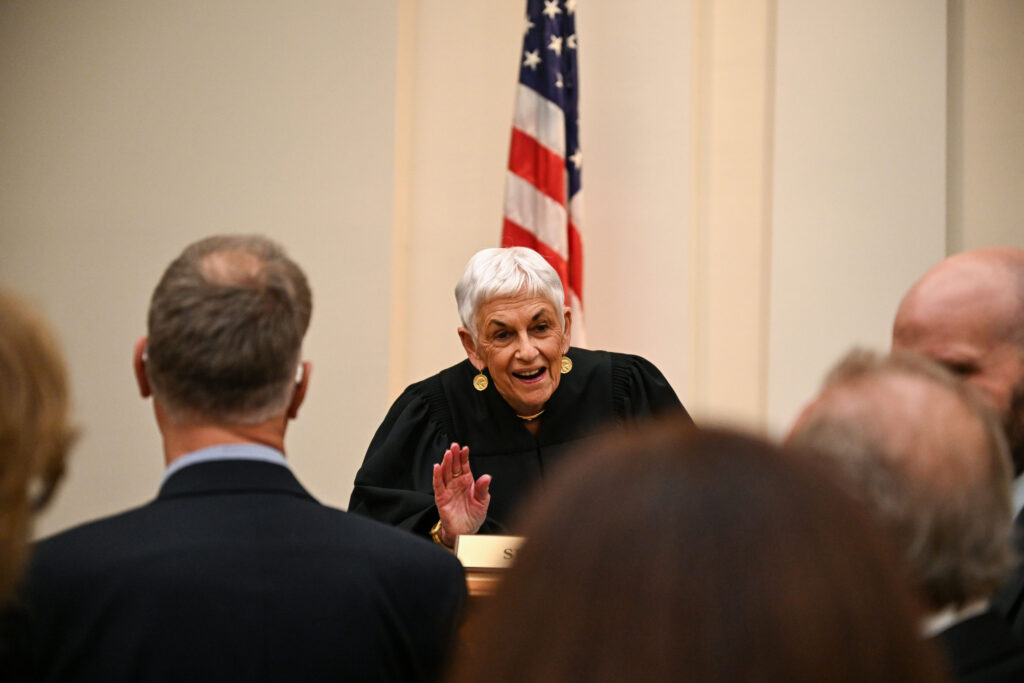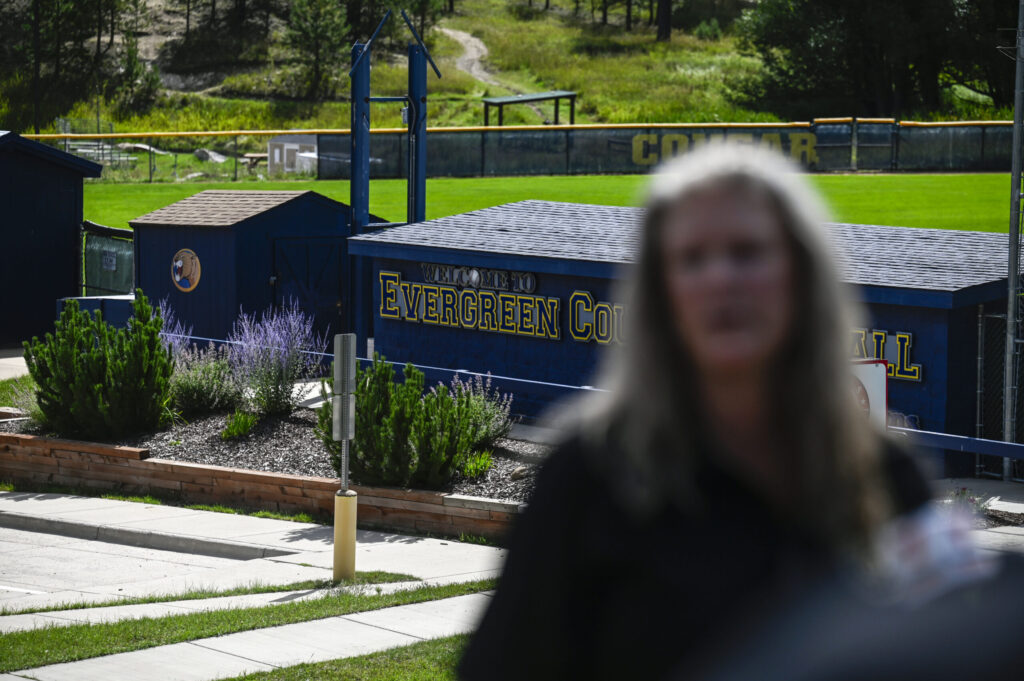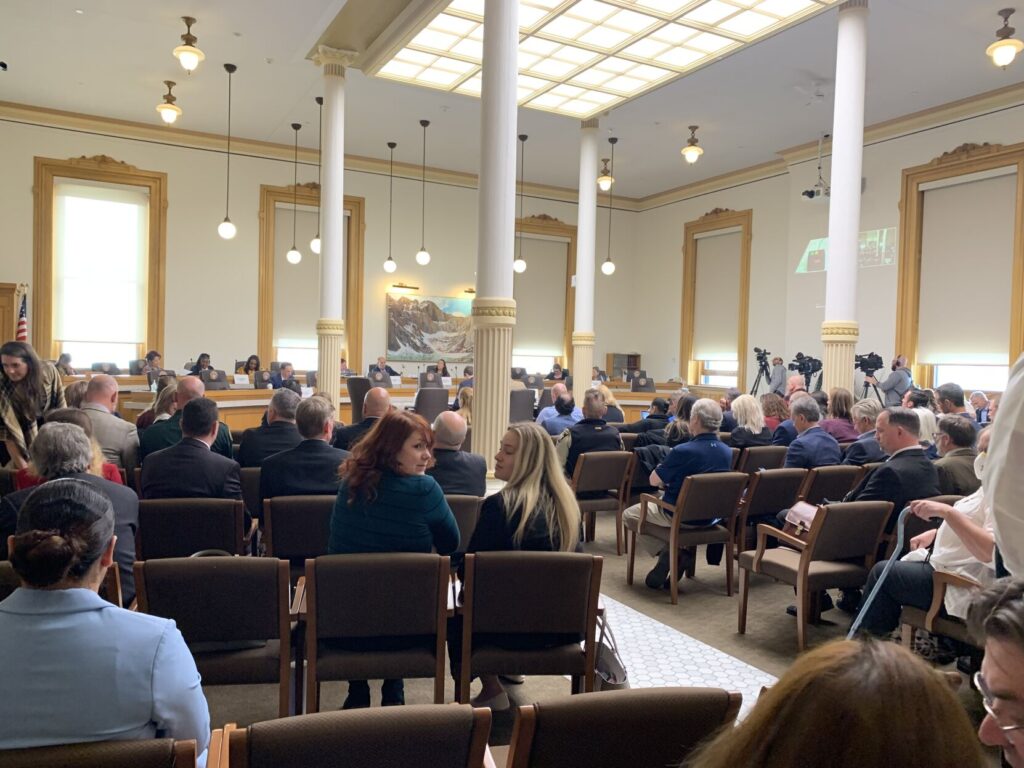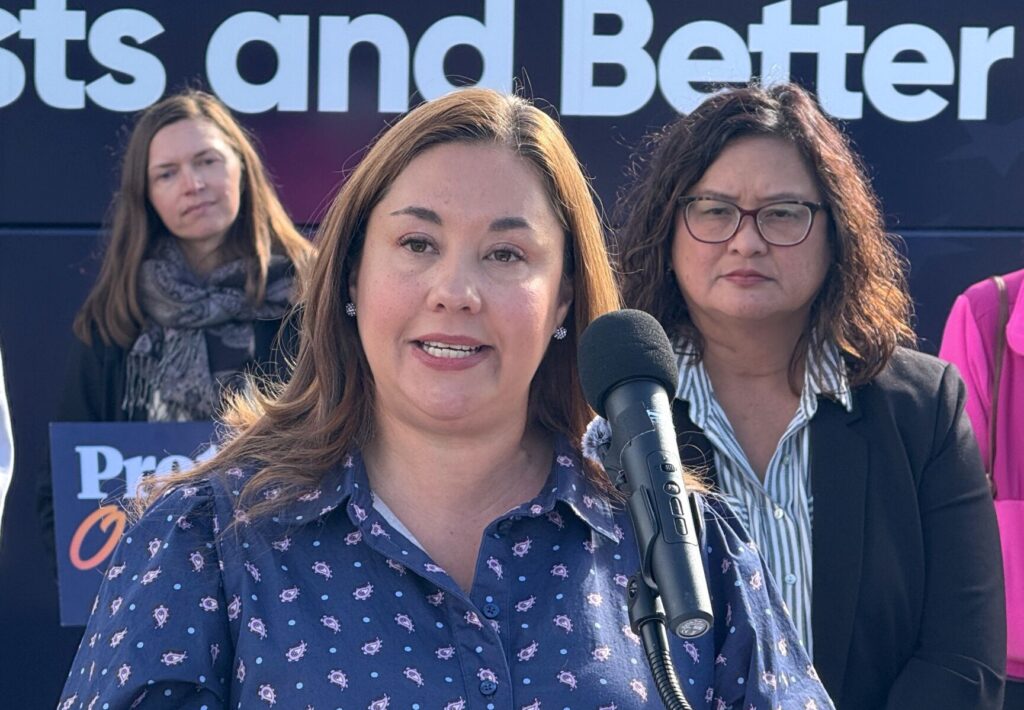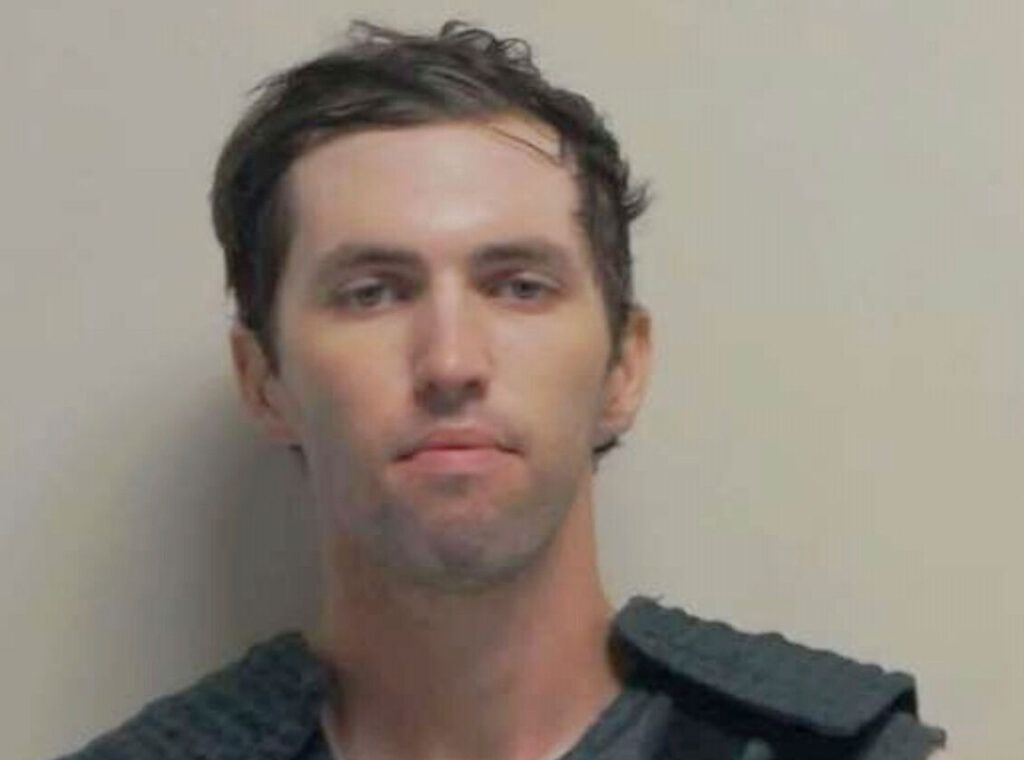Human Trafficking Legislative Day brings out stories of solutions and survival

Kelly Dore is a survivor of familial human trafficking. She was a victim for 14 years, and then found her way out. Two years later, she testified against her abuser.
Dore, a former Elbert County commissioner, is now executive director of National Human Trafficking Survivor Coalition and was one of several survivors of human trafficking to talk about what’s been done to help victims and what’s needed in the future.
Five years ago, Colorado earned a “D” grade in its efforts to combat human trafficking. But several bills later, including a landmark rewrite of the state’s children’s code, has improved that grade to a strong “B”.
Thursday was the sixth annual Human Trafficking Legislative Day at the state Capitol. The event, sponsored by the Human Trafficking Task Force of Southern Colorado, is intended to raise awareness about human trafficking in all its forms, including prostitution and trafficking in the labor trade.
The event was started Tamra Farah, who may be better known for her role as spokesperson for the right-leaning Americans for Prosperity Colorado. But she pointed out that the issue of human trafficking is a bipartisan one, noting that a dozen lawmakers from both parties have led legislative action to change the state’s efforts on the problem.
The day began a tribute from the House and Senate to the work of the human trafficking task force and continued with a noon discussion of the issue, featuring law enforcement, lawmakers and a trio of survivors, including Dore.
Panelists all called for increased education and training on human trafficking in all aspects of society, including law enforcement, business and most importantly, among young people.
“We need to start with the young people of the state and work our way up” on education and awareness of human trafficking, according to Sheriff Tony Spurlock of Douglas County. “We have to change a generation. We have the change the way we think about human trafficking, not only how we think about it as a collective citizenship but how we think about it and focus on it in law enforcement,” as well as in partnerships with businesses such as the hotel, commercial trucking and taxi industries.
Some of the next generation is already looking at the issue, thanks in part to the work of Sonja Herring, an eighth-grade teacher at Cresthill Middle School in Highlands Ranch. Herring has made the human trafficking issue part of her classes, and for the last six years her classes have participated in the legislative day. This year, they brought with them 1,300 signatures on a petition to combat human trafficking, and they’re also backing efforts to increase penalties for that crime.
Colorado has become a front-runner on combatting human trafficking, according to Trooper Penny Gallegos, who is assigned to the Rocky Mountain Innocence Lost Task Force FBI Division. Gallegos said since 2014, state law enforcement has rescued 420 children, and arrested 146 abusers, with courts handing down sentences of between 24 and 472 years. Law enforcement is sending a strong message, she said, “our children are not for sale.”
But there is still a long way to go, according to the panelists, and most notable among its needs are secure treatment facilities for victims, including male and transgender victims, Gallegos said. There is still a strong need for education of the public, schools and community health partners, and to increase penalties for those convicted of trafficking.
Spurlock added that people also need to remember that trafficking is not just about sexual abuse; it’s also about the labor market.
This is “modern day slavery,” said Gov. John Hickenlooper in a brief address to the group. He mentioned that he’d recently seen a documentary on child trafficking, Stopping Traffic, that gave him nightmares, and called for increased awareness of the problem.
And human trafficking “is a problem in your neighborhood,” said Republican Rep. Paul Lundeen of Monumnet, one of 13 lawmakers who have carried or worked on legislation on the problem in the past few years.
The landmark bill in 2014 that set Colorado on a new path was carried by then-Rep. Beth McCann of Denver, who is now the Denver District Attorney. She pointed out during a panel discussion of lawmakers that she has assigned an attorney in her office to human trafficking full-time. “It’s our daughters and sons” and it’s homeless children on the street, not just people from other countries, she said. She also advocated for more resources for treatment and support of survivors, and called on lawmakers to regulate massage parlors, which are often involved in human trafficking.
Republican Rep. Terri Carver of Fountain pointed out that recruitment for human trafficking is happening in schools and called for an expanded awareness in school safety centers.
“I didn’t recognize I was a victim of trafficking,” Dore said during a discussion among survivors. She was trafficked by a family member when she was between the ages of one and 14, and said familial trafficking victims are the “unseen population…For 14 years I screamed for help, but no one knew what to look for.”
“I was trafficked during a time where awareness was just starting in the U.S. I was hearing the term but didn’t identify as a victim,” said Megan Lundstrom, founder and director of Free Our Girls, which provides training and prevention services on human trafficking. Unfortunately, some victims don’t connect to the services available because they don’t identify themselves as victims, she said. The largest service gap currently is intervention, and her group is working to build relationships with 1,600 girls around the country.
“We need more survivor-led services and for community members to get behind us and support what we’re doing,” she added. “I can’t do it by myself…It took three years after escaping to identify as a victim” and to begin rebuilding to become not just a survivor but an activist as well.
As of press time, the Senate Health and Human Services Committee Thursday afternoon is scheduled to hear Senate Bill 84, which would add protections for minors who are victims of human trafficking. The bill makes it clear that prostitution is only an adult-level crime, and that those under the age of 18 who engage in prostitution are victims of human trafficking, which would negate criminal charges for prostitution. The measure also adds a requirement that minors involved in prostitution would be referred to county human services agencies.
